Homesteading teaches your children valuable life skills, responsibility, and the importance of self-sufficiency. Involving kids in homestead tasks helps them connect with nature and appreciate the world. Here’s how to make homesteading exciting for them.
Participate in Farmer’s Markets

If you sell your produce, let your kids help at a farmer’s market. They can learn business skills, money management, and customer service, plus it’s a great way for them to see the value of their hard work.
Start a Family Garden

Get your kids into gardening. Help them pick vegetables and fruits to grow. Teach them about soil health, watering, and the sun’s role in plant growth.
Assign Age-Appropriate Chores

Give your kids chores suited to their age. They could feed animals, collect eggs, or help with planting. Show them how to do these tasks and watch over them.
Weather Watching and Recording
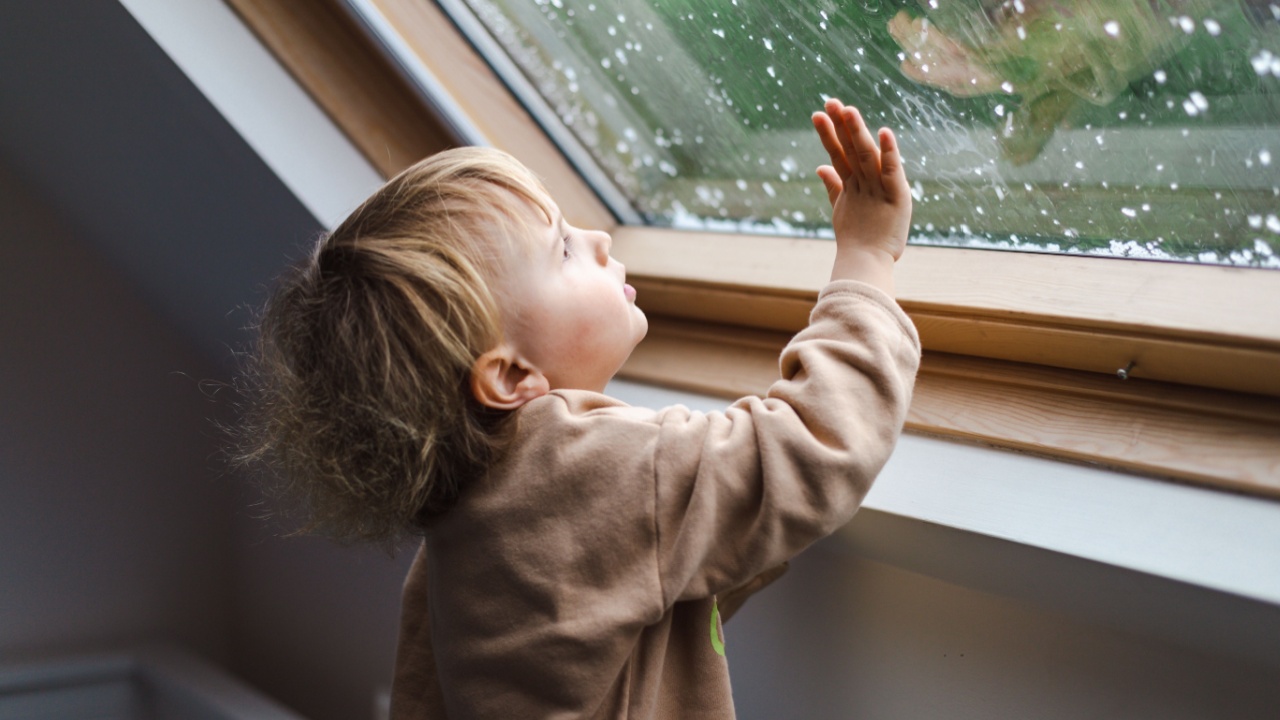
Set up a weather station and teach your children how to record and predict weather conditions. Understanding weather is crucial for managing a successful homestead.
Build Birdhouses or Feeders

Work on a project to build birdhouses or feeders. This teaches basic carpentry and helps kids learn about caring for local birds.
Learn About Herbal Medicine

Start a small herb garden and teach your kids about the basics of herbal medicine. Show them how to make simple remedies such as teas for common ailments like colds or headaches.
Create a Kid-Friendly Compost System

Show your kids how to compost. Start a simple system for them to add kitchen scraps. Explain how composting enriches soil.
Involve Kids in Meal Planning and Preparation

Let your kids help with meals. They can pick vegetables or collect eggs. Cooking together teaches them about healthy eating and where food comes from.
Create a Nature Scavenger Hunt

Set up a scavenger hunt. Make a list of natural items to find. This fun game enhances their observation skills and curiosity.
Teach Basic Animal Care

If you have animals, teach your kids to care for them. Show them proper feeding and grooming. They’ll learn to respect and care for animals.
Start a Family Beekeeping Project
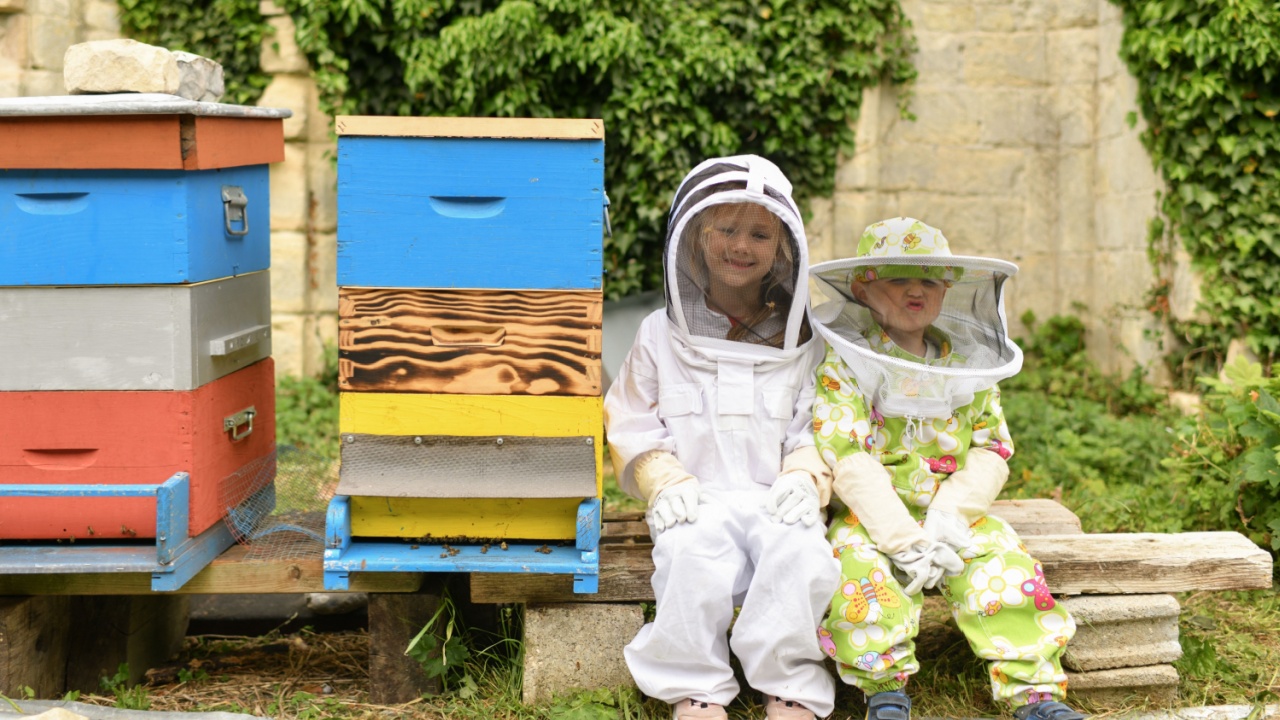
Consider beekeeping. Kids can help set up and maintain the hive. They’ll learn about bees and their role in nature.
Raise Small Livestock
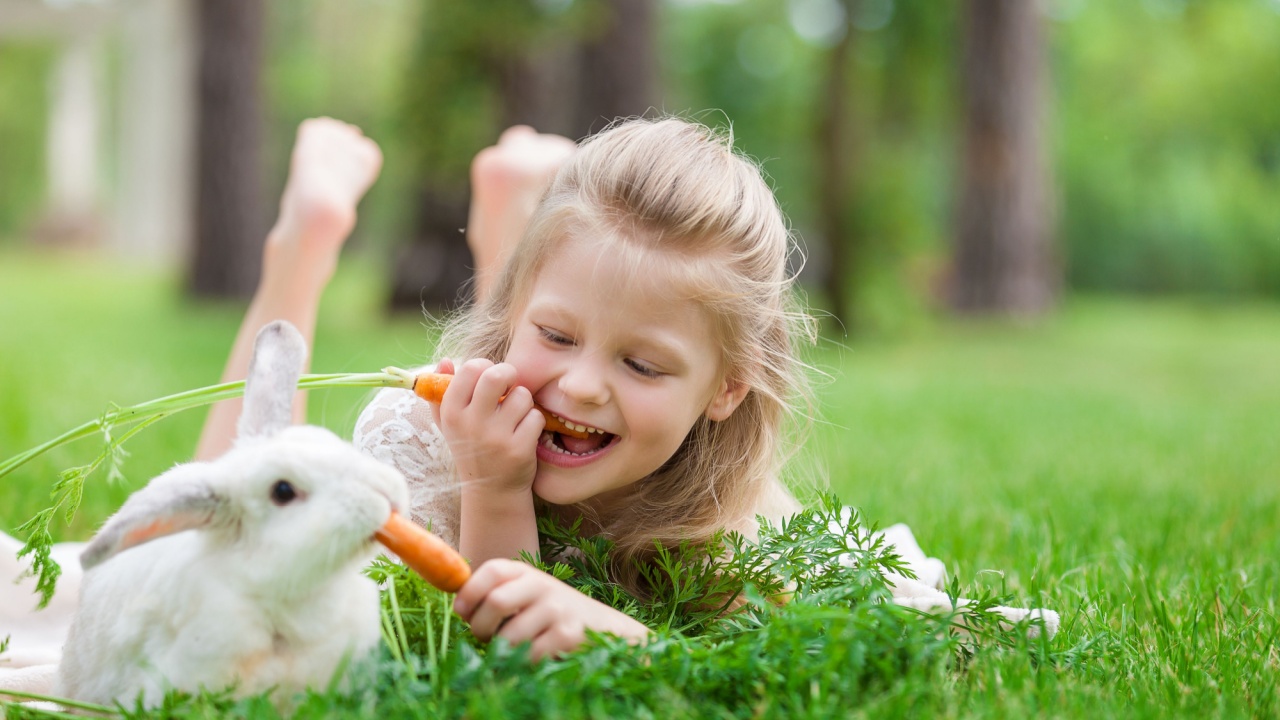
Introduce your children to the responsibility of raising small livestock like rabbits or guinea pigs. This can teach them about animal biology, care, and even provide insights into sustainable meat production if that’s part of your lifestyle.
Encourage Nature Journaling

Give your kids a journal for their thoughts and sketches about nature. This nurtures their writing and artistic skills.
Make Homemade Crafts Using Natural Materials

Encourage crafting with items from nature. Kids can make decorations or artwork. This fosters creativity and appreciation for natural beauty.
Plant a Pollinator Garden
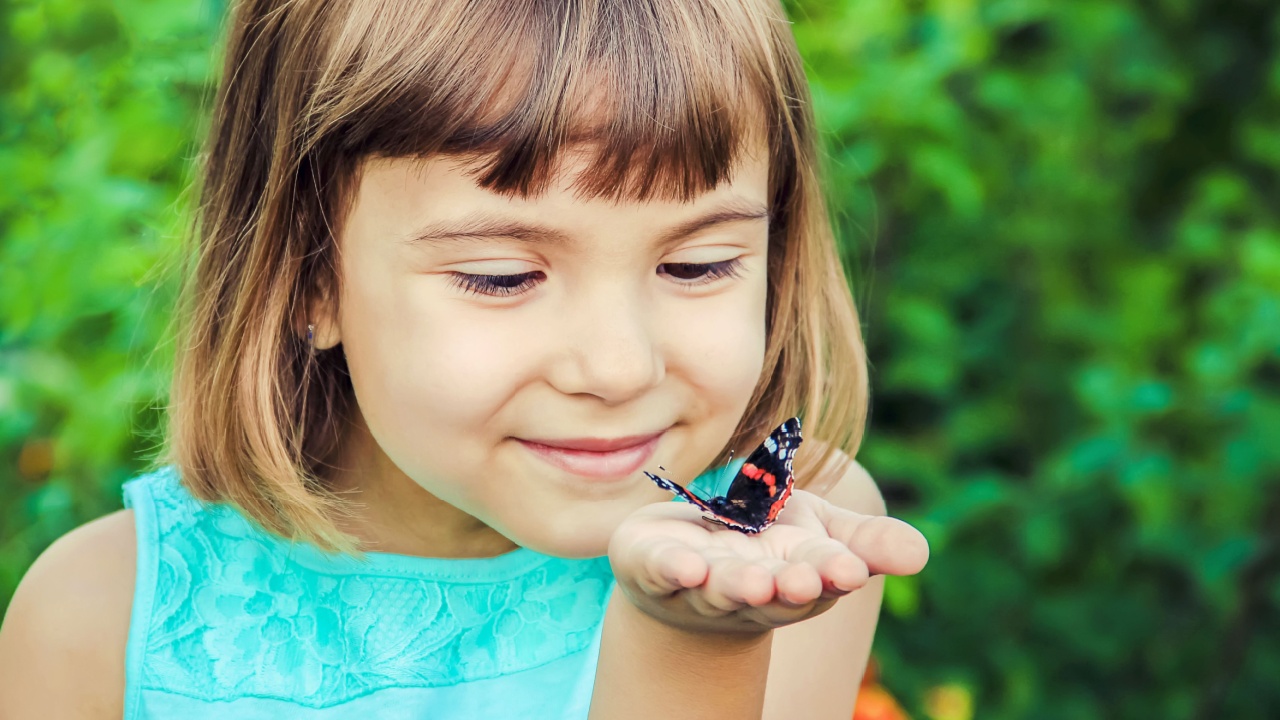
Help your kids start a garden for bees and butterflies. They’ll learn about pollination and biodiversity.
Go on Nature Walks and Picnics
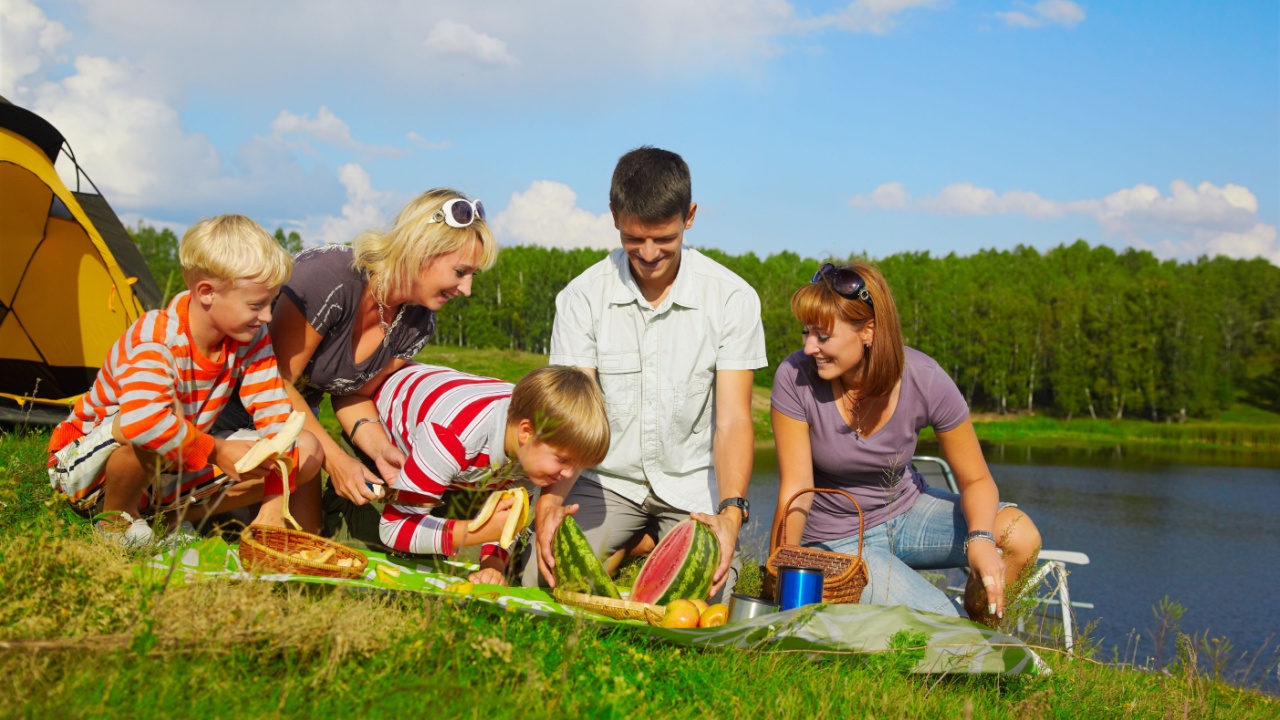
Take regular walks and picnics. Teach them to identify plants and animals. Discuss the ecosystem and conservation.
Create a Worm Bin

Start vermicomposting with your kids. They can learn about worms and their role in composting.
Harvest and Preserve Food

Involve your kids in harvesting crops and teach them how to preserve food through canning, drying, or freezing. This is a valuable skill that instills an understanding of food security and preparation.
Teach Basic Outdoor Skills
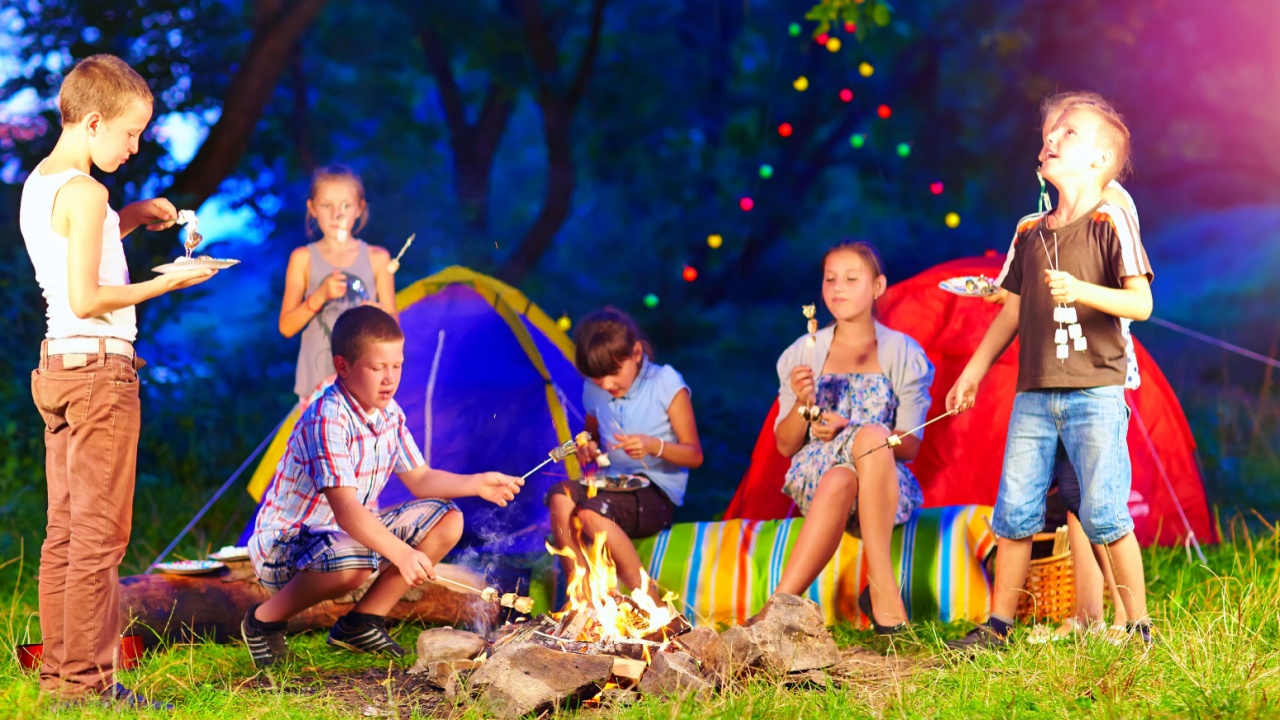
Teach outdoor survival skills like knot-tying and fire-building. These skills build confidence and self-reliance.
31 Ways to Boost Home Security: How to Fortify Your Fortress and Deter Burglars

We sadly live in a society where it’s all too common for criminals to want to take what we’ve worked hard to get. The results of a break-in are traumatic, too. Beyond just losing your stuff. Victims often feel violated, anxious, and unsafe, sometimes for years after the event.
Prevention is the best way to stay safe. And, while you shouldn’t have to turn your home into a fortress, that’s the stark reality of our world. But you can take plenty of simple steps to deter burglars and ensure your home is less attractive to would-be thieves.
25 Winter Foraging Foods to Save Money on Your Grocery Bill
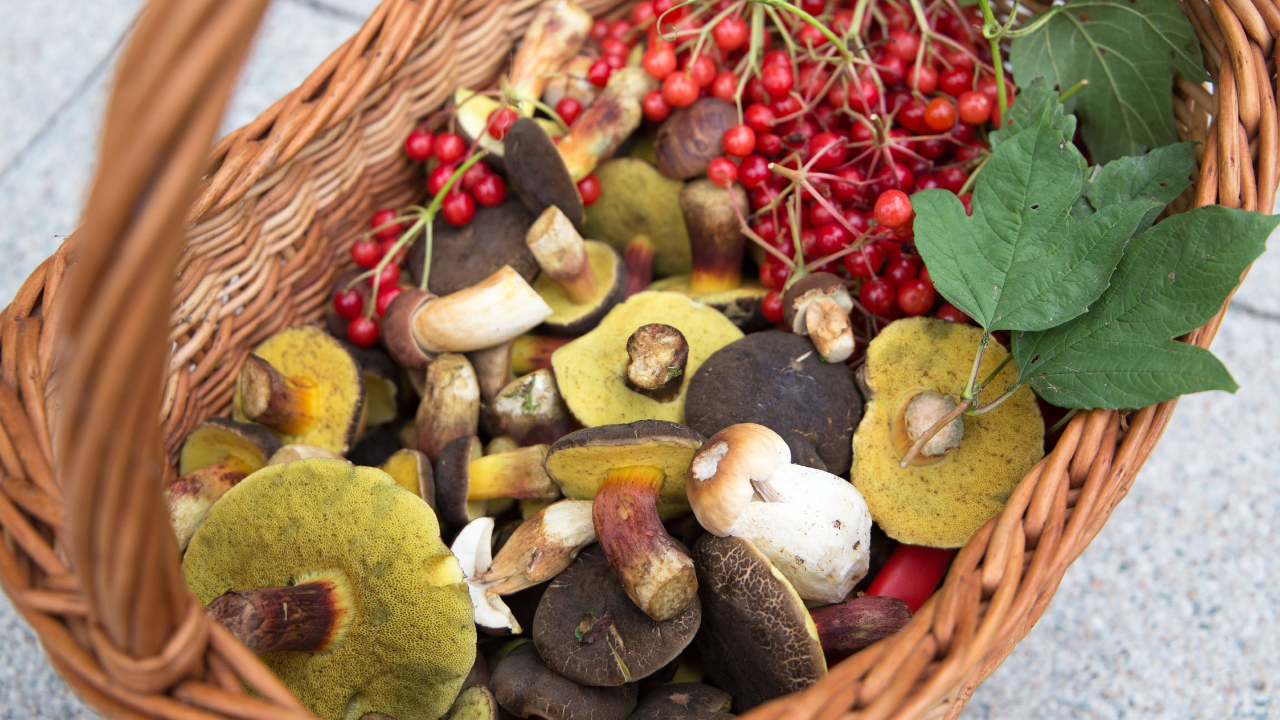
With food prices going up by 15% from October 2021 to October 2023, finding ways to cut down your grocery bills is more important than ever. Winter foraging is an awesome way to add to your pantry for free. Yes, you get free food in the form of wild edibles, but it’s also fun for the whole family, gets you moving, and reconnects you with nature.
Even though foraging in winter seems hard compared to the bounty of late summer, there’s still plenty out there if you know where to look. Plus, if things do go south, you need to know how to get wild foods to survive when there are no old-world supplies to access.
23 Smart Ways to Preserve Food
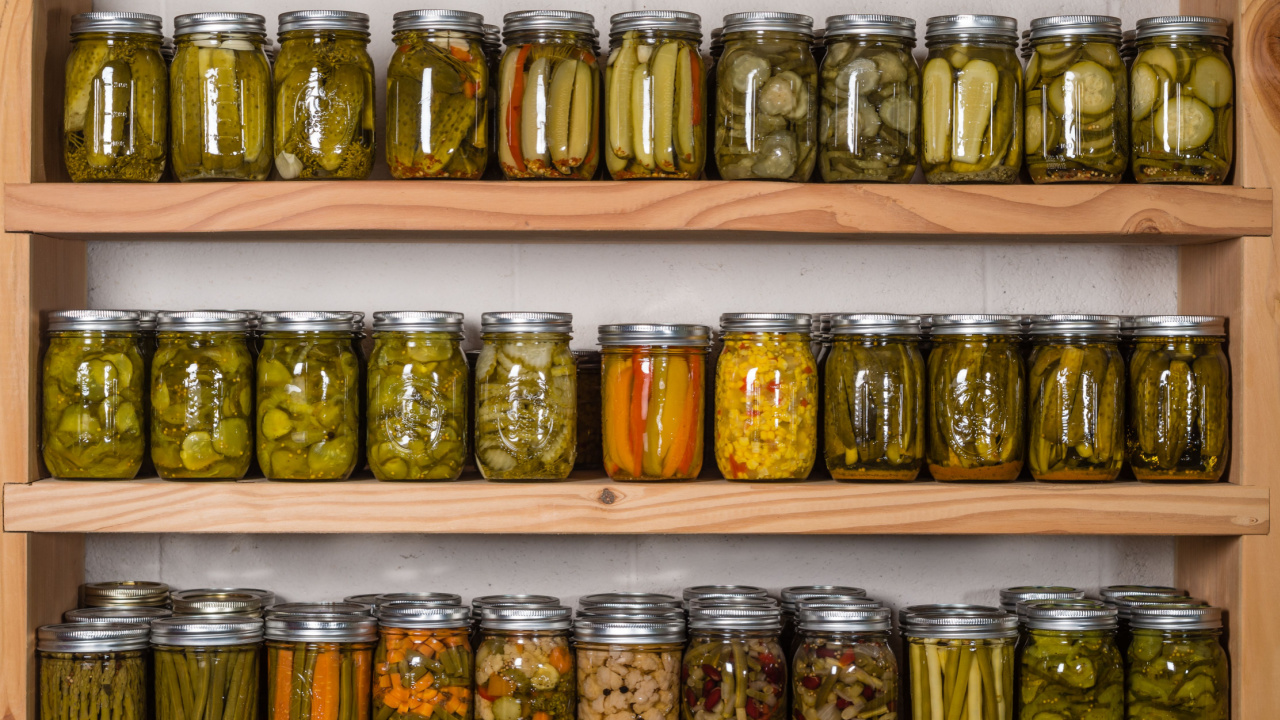
Preserving food is an art as much as it is a science, tapping into our ancestral roots and addressing modern needs. Whether you’re looking to avoid waste, prepare for leaner times, or simply enjoy the fruits of your labor year-round, these 23 smart methods will guide you through. I’m a huge fan of preserving things I find on sale, gluts of produce from my homestead, or produce I’ve bartered with someone else.
Katy Willis is a writer, lifelong homesteader, and master herbalist, master gardener, and canine nutritionist. Katy is a preparedness expert and modern homesteader practicing everyday preparedness, sustainability, and a holistic lifestyle.
She knows how important it is to be prepared for whatever life throws at you, because you just never know what's coming. And preparedness helps you give your family the best chance to thrive in any situation.
Katy is passionate about living naturally, growing food, keeping livestock, foraging, and making and using herbal remedies. Katy is an experienced herbalist and a member of the CMA (Complementary Medical Association).
Her preparedness skills go beyond just being "ready", she's ready to survive the initial disaster, and thrive afterward, too. She grows 100% organic food on roughly 15 acres and raises goats, chickens, and ducks. She also lovingly tends her orchard, where she grows many different fruit trees. And, because she likes to know exactly what she's feeding her family, she's a seasoned from-scratch cook and gluten-free baker.
Katy teaches foraging and environmental education classes, too, including self-sufficient living, modern homesteading, seed saving, and organic vegetable gardening.
Katy helps others learn forgotten skills, including basic survival skills and self-reliance.
She's been published on sites such as MSN, Angi, Home Advisor, Family Handyman, Wealth of Geeks, Readers Digest, and more.
